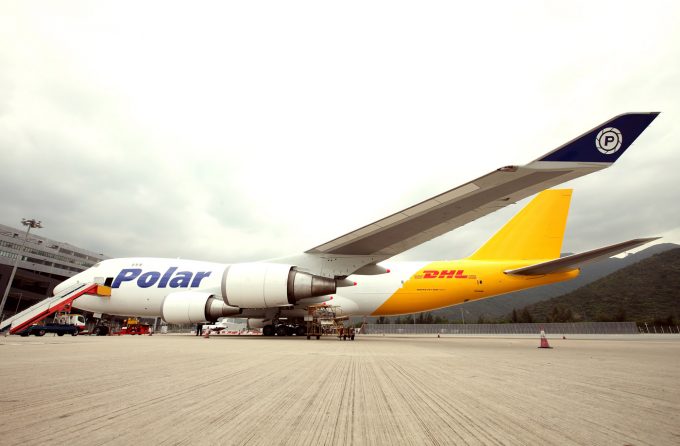Expeditors out of court – this is pretty damn weird
This is so Kafkaesque

A US judge has dismissed the lawsuit filed by forwarder Cargo on Demand (CoD) which alleged racketeering and fraud at Polar Air Cargo.
Ten Polar Air Cargo executives have been charged with fraud, and another took his own life, but the judge granted Polar’s motion to dismiss CoD’s case, arguing in essence that Polar itself was not at fault.
Cargo on Demand claimed it had been forced to pay $4m in “third party consulting fees” to companies with ties to some of ...
Volcanic disruption at Anchorage could hit transpacific airfreight operations
Macron calls for ‘suspension’ – CMA CGM's $20bn US investment in doubt
Forwarders stay cool as US 'liberation day' tariffs threaten 'global trade war'
Shippers snap up airfreight capacity to US ahead of tariff deadline
De minimis exemption on shipments from China to the US will end in May
Tighter EU import requirements proving 'a challenge' for forwarders
Looming Trump tariffs will create 'a bureaucratic monster' for Customs

Comment on this article